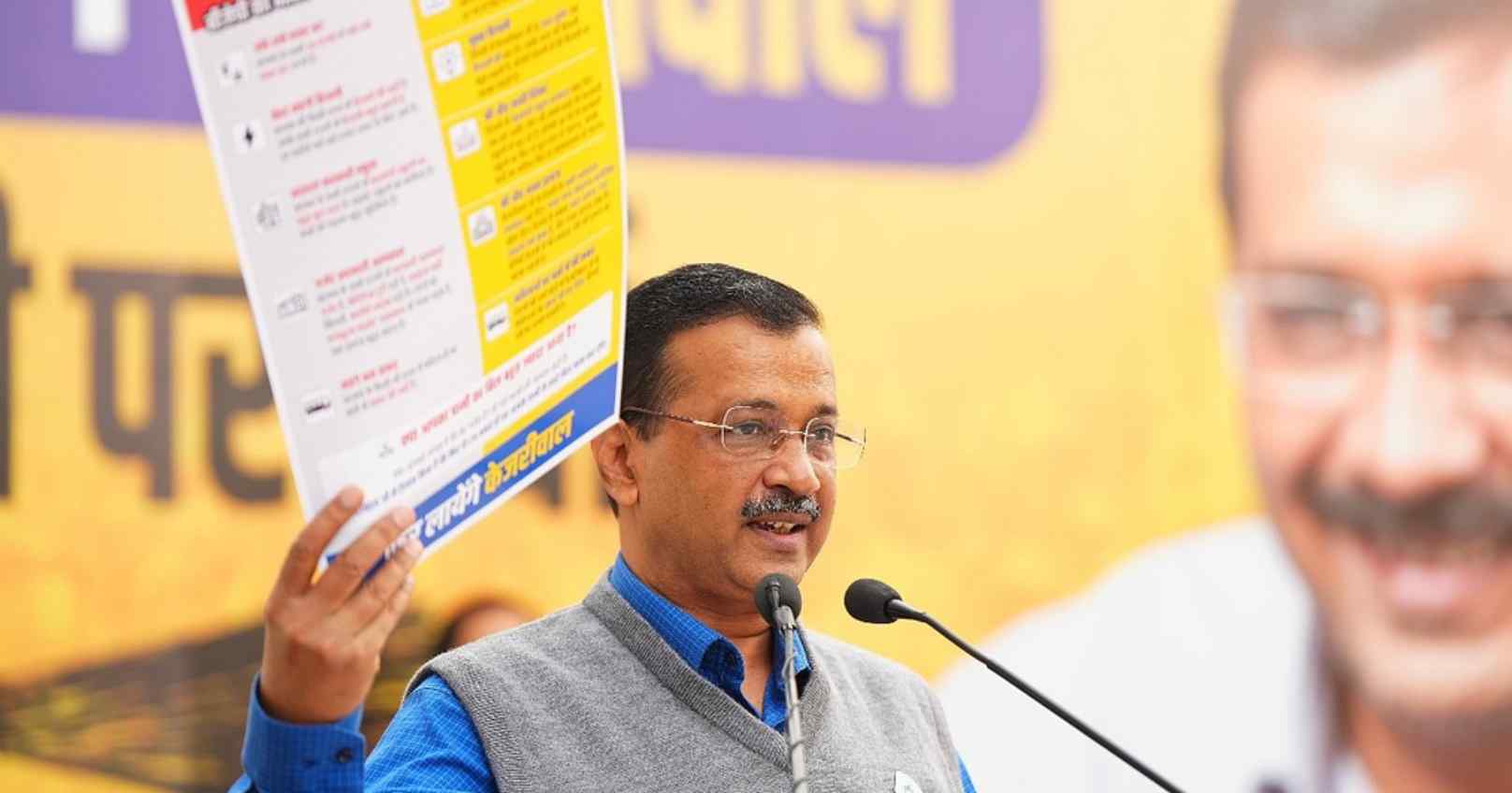As the Delhi elections approach, former Chief Minister and Aam Aadmi Party (AAP) convenor Arvind Kejriwal has unveiled a major new promise aimed at women voters. On Thursday, Kejriwal announced that if the AAP returns to power, every woman in Delhi will receive Rs 2,100 directly into their bank accounts each month. This is an increase from the previously promised Rs 1,000, a decision that was made after some women expressed concerns that the initial amount wouldn't be sufficient due to inflation.
The proposal, which had initially been flagged as financially risky by the Delhi Finance Department, now faces even more scrutiny, with concerns about its sustainability. Despite these warnings, Kejriwal remains undeterred, emphasizing the importance of supporting women in the city. The initiative is part of his broader 'Revdi Pe Charcha' campaign, which focuses on various welfare schemes, including free electricity, water, and transport for women.
The promise of Rs 2,100 will cost the Delhi government an estimated Rs 4,550 crore, a sum that has raised alarms about the financial viability of the plan. The Finance Department has warned that such a large expenditure could push Delhi's budget from a surplus to a deficit. Additionally, the Women and Child Development Department has raised concerns over the risk of ghost beneficiaries, particularly given Delhi's large migrant population. There are also worries that the scheme could disincentivize women from seeking paid employment, undermining its long-term effectiveness.
Despite these challenges, Kejriwal's government remains committed to the cash-transfer scheme, which aims to benefit 45-50 lakh women in the capital. However, experts caution that the scheme could further strain Delhi's finances, which are already under pressure.
With the election season in full swing, Kejriwal’s government is walking a fine line between offering popular giveaways and managing the city’s fiscal health. The decision to introduce a cash-transfer scheme, despite financial risks, underscores the political importance of such measures as the AAP seeks re-election in 2025.







